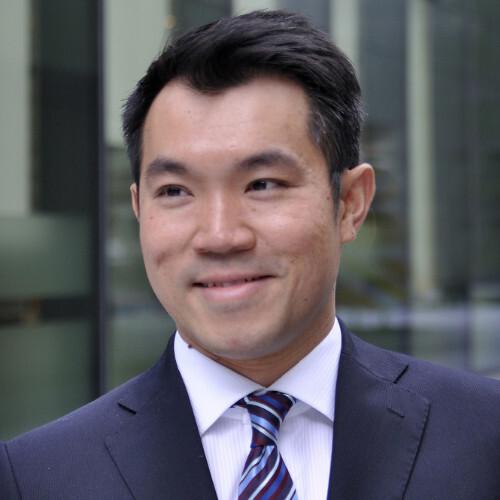With Big Tech dominating the internet for years, and monetising the public's data, there's now a growing concern about digitising cash for mass surveillance. We'll talk about privacy in the age of digital cash, and how Privacy Enhancing Technologies (PETs) can help compromise state control imperatives, like AML and fiscal policies, with individual privacy needs.

Cédric Wahl
An ambitious forward-thinker, Cédric has been working in the convergence space of Applied Maths, Distributed Computing and Finance for the last 25 years. Backed by a strong academic background in Applied Mathematics and Computer Sciences, he has built and led the exploit of large, distributed risk management compute systems for some of the most complex financial derivatives.
Leveraging his knowledge of cryptography and investment banking privacy issues, Cédric then moved onto founding Société Générale’s Blockchain Lab in 2015.
Now Co-Founder and CTO of Secretarium; a deep-tech trustless network start-up, committed to reshaping data ownership for the Web by providing privacy-preserving smart contract apps secured by PETs, he is driven by the desire to create a future where everyone controls their own data and can demonstrate honesty.












